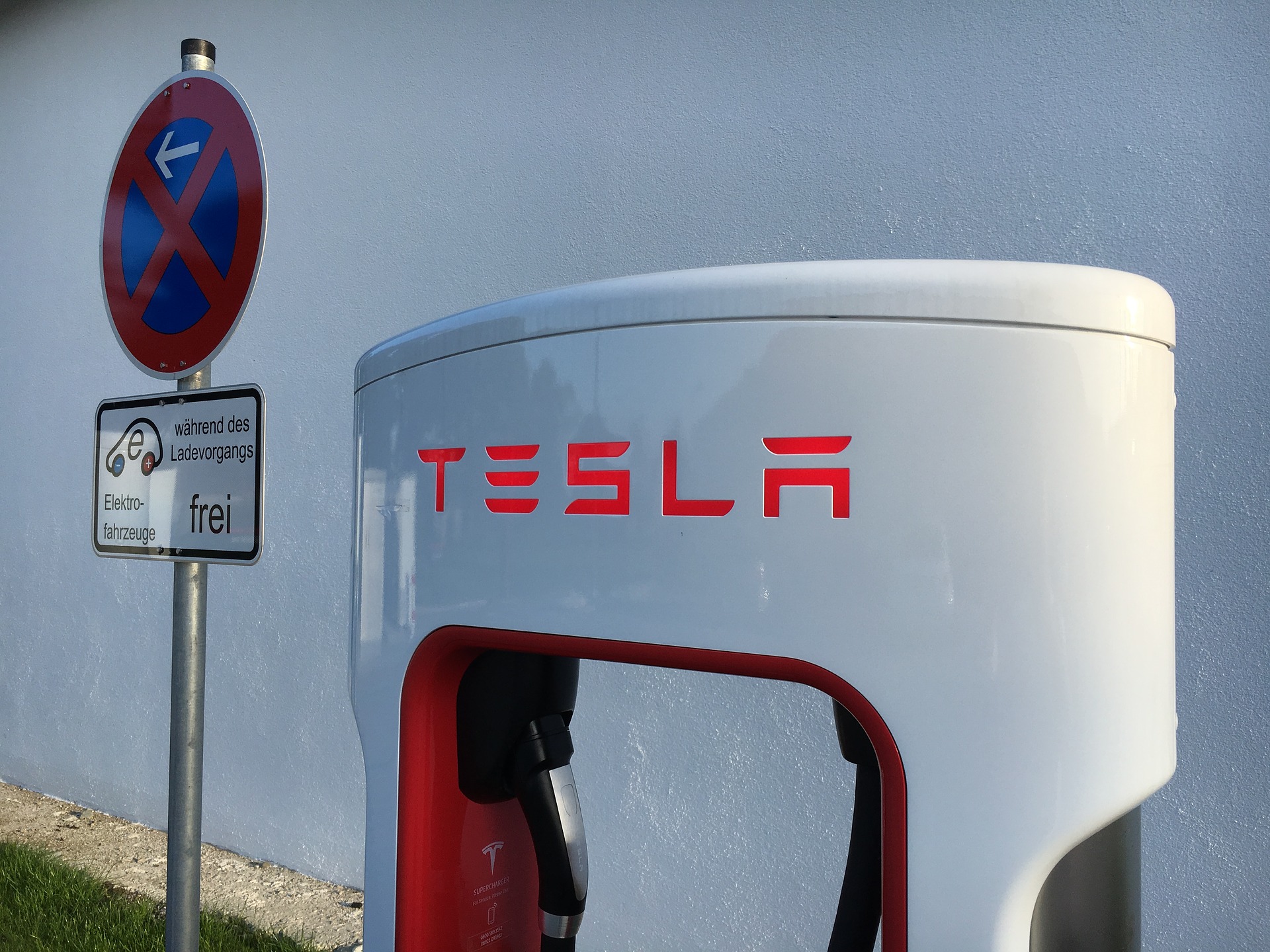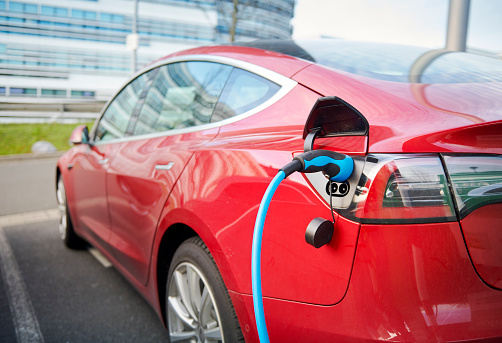
LG Chem to Split Battery Business as Electric Cars Take Off
South Korea’s LG Chem, a Tesla Inc and GM electric car battery supplier, said on Thursday it expects to split its battery business into a new company as the electric vehicle market takes off. The move came after LG Chem swung last quarter to a profit in its automotive battery company. Thanks to the increasing demand from European car manufacturers and further sales of cylindrical batteries used in Tesla vehicles, it expects more profitability.
LG Chem, South Korea’s top manufacturer of petrochemicals, has long been betting on car batteries as a new growth driver, but it has never made an annual profit in the company since it began to produce them about a decade ago.
But hopes are rising for its automotive battery business as manufacturers are pushing for more electric vehicles, fuelled by Tesla’s rise and tougher European emissions regulations. LG Chem said the time had come to split the company that competes with CATL of China and Panasonic of Japan, as it has begun to make “structural profits” in its car battery market.

The new company to be launched in December, LG Chem said, aims to achieve revenue of 30 trillion won ($25.5 billion) or more in 2024, out of estimated revenue of 13 trillion won this year.
The latest wholly-owned subsidiary, previously known as ‘LG Energy Solutions,’ would include LG Chem’s small batteries used in Smartphones and laptops and its energy storage devices, as well as its car batteries.
Shares in LG Chem dropped by 5.4 percent. According to Daeshin Securities analyst Han Sangwon, several LG Chem investors will only own the battery company indirectly which will be divided into one unit. He also said investors are profiting ahead of Tesla’s battery day, where Tesla will unveil its advanced battery technology. LG Chem said it would pursue a battery unit stock market listing without further elaboration.
According to LG Chem, making the unit an independent entity will also help draw business investment, which needs heavy capital expenditure to increase production capacity as orders pile up.


